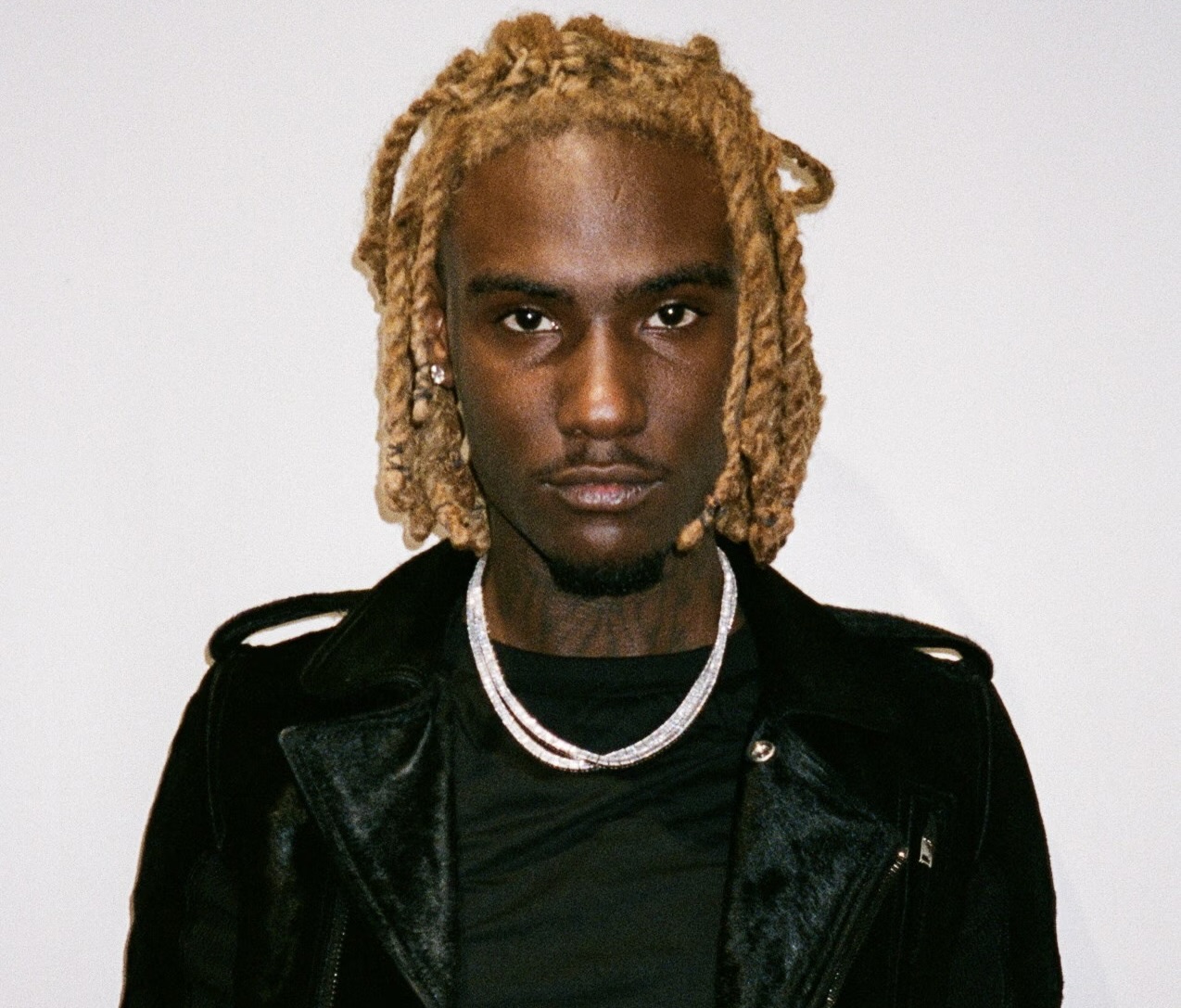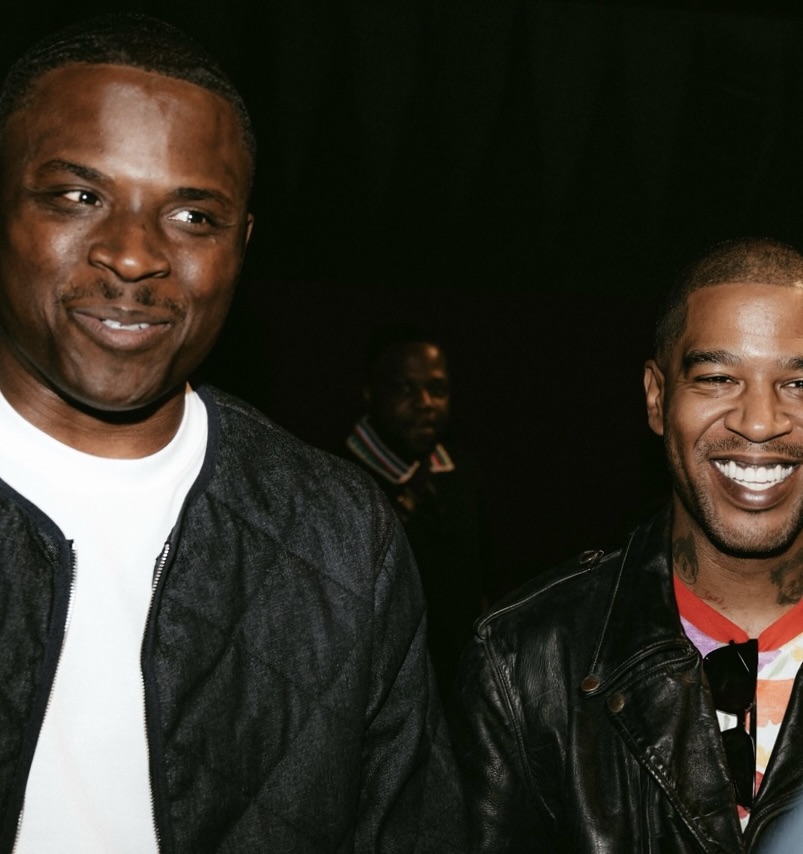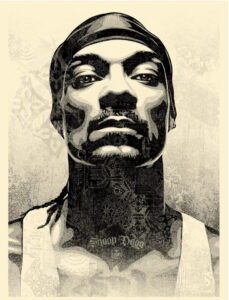Three decades after she first graced the airwaves, Shakira continues to define what it means to evolve as an artist in the digital age. This October, she partnered with Spotify to commemorate two defining milestones in her career — the 30th anniversary of Pies Descalzos and the 20th of Oral Fixation Vol. 1 & 2. The collaboration arrives not as a nostalgic look backward but as an act of creative renewal. Central to it is a reimagined version of her global hit “Hips Don’t Lie,” featuring Ed Sheeran and Colombian singer Beéle — a meeting point between eras, genres, and generations that reaffirms her influence on pop culture.
revisiting the milestones
When Pies Descalzos debuted in 1995, it introduced Shakira as an introspective songwriter with the edge of a rock musician and the heart of a poet. It captured her formative years and her refusal to conform to Latin-pop expectations. The album’s blend of acoustic folk and youthful defiance became the blueprint for a new kind of Latin artist — one equally personal and political.
A decade later came Oral Fixation Vol. 1 and its English counterpart Vol. 2, the twin records that catapulted Shakira into international superstardom. Their tracks — “La Tortura,” “Don’t Bother,” and the chart-dominating “Hips Don’t Lie” — crystallised her ability to traverse languages, genres, and audiences with ease. These records didn’t just globalise Latin pop; they helped redefine global pop itself, bridging Colombia’s musical DNA with the sonic ambitions of the West.
Double anniversary celebration!
30 years of Pies Descalzos and 20 of Oral Fixation. I’ve prepared something very special with @Spotify and some surprise guests like @edsheeran and Beele, coming October 22! https://t.co/PmiDoYLjI5 pic.twitter.com/vPtrU8ZsOO— Shakira (@shakira) October 17, 2025
the spotify anniversary sessions
The Spotify Anniversary project frames these albums within a modern context. The five-track live EP captures Shakira revisiting her catalogue with new collaborators and arrangements. Each song feels less like a cover and more like a conversation with her past self. Strings replace synths; live percussion and folk textures reconnect her to Barranquilla and her early rock roots.
The new version of “Hips Don’t Lie” stands at the heart of this project. Ed Sheeran lends his signature melodic phrasing in place of Wyclef Jean’s original verses, reshaping the song’s rhythmic pulse into something both cinematic and intimate. Beéle, the young Colombian artist known for his soulful urbano sound, injects the track with Caribbean warmth and contemporary swagger. Together, they create a cross-cultural exchange that mirrors Shakira’s own hybrid identity — half global icon, half hometown storyteller.
Musically, the arrangement strips back the horns that once drove the original version, replacing them with lush string sections and hand percussion. The result feels more like a live orchestra performance than a radio single. It’s reflective, almost symphonic — the sound of an artist at peace with her legacy, yet unafraid to reinterpret it.
reflection
What makes this moment meaningful is Shakira’s willingness to frame the past as a creative resource rather than a monument. In the accompanying short film on Spotify, she reflects on how Pies Descalzos represented rebellion, independence, and a belief that sincerity could break through the pop system. By contrast, Oral Fixation marked her transformation — a point where personal introspection met the pressures of global fame.
In interviews around the project, she described the anniversary sessions as a chance to “thank those songs for everything they taught me.” Her voice carries a tone of gratitude and curiosity rather than sentimentality. The re-recordings were performed in Bogotá and Barcelona with her long-time collaborators, many of whom worked on the original albums.
For fans, the reinterpretations offer new emotional textures — the way “Antología” now drifts slower, almost whispered, or how “La Pared” expands into an acoustic confession. The new “Día de Enero” is rendered in near-folk simplicity, more a lullaby than a love song. These choices underscore her current artistic philosophy: music as a living organism, constantly reshaping itself through time and memory.
bridging generations
Perhaps the most remarkable aspect of this project is its generational reach. On Spotify, more than half of Oral Fixation’s streams now come from listeners under thirty — an audience who weren’t alive when “Hips Don’t Lie” first conquered charts in 2006. For them, Shakira isn’t a nostalgic figure but a timeless one, equally comfortable in the streaming era’s algorithms and in the analogue warmth of her earliest recordings.
By inviting artists like Beéle into her world, she signals the continuity of Colombian and Latin creativity — a reminder that her country remains a vibrant engine of global sound. Ed Sheeran’s involvement, meanwhile, bridges the Anglo-Latin divide that she herself once crossed, showing how collaboration, not competition, defines the present landscape.
culture
Beyond the personal, the anniversary sessions illustrate how legacy artists can thrive within the streaming ecosystem without losing authenticity. Where many rely on algorithmic playlists or reissues, Shakira uses the platform as a narrative space. Her approach aligns with a broader movement among global musicians who re-enter their catalogues as storytellers, not marketers.
The project also reasserts Latin music’s position at the centre of global pop. Long before reggaetón dominated charts, Shakira fused traditional Colombian rhythms with global sensibilities — something she continues to champion. In revisiting her early catalogue, she effectively retraces the steps that led to today’s Latin pop explosion, reminding both industry and audience that cultural crossover began with sincerity and experimentation, not formula.
visual
The imagery accompanying the release, shot between Barcelona and Barranquilla, presents Shakira in a minimal, grounded aesthetic — barefoot, earthy, surrounded by musicians rather than dancers. Gone are the theatrical backdrops of her early MTV years; in their place stands a woman reclaiming silence and space.
These visuals serve a dual purpose: they honour the visual codes of Pies Descalzos while reflecting the introspective clarity of a mature artist. It’s an aesthetic shift mirrored across her current live shows, where stripped-down sections highlight her musicianship over spectacle.
emotive
At its heart, the project isn’t about proving endurance but about embracing continuity. Each re-recorded song becomes a time capsule opened — memories revisited not for nostalgia’s sake, but for reinterpretation. The voice is slightly deeper, the arrangements more textured, the energy calmer. Yet the emotional sincerity that defined her early work remains untouched.
“Hips Don’t Lie,” once a global dance anthem, now feels like a reunion — between artist and origin, between Colombia and the world, between rhythm and reflection. Its groove persists, but its tone carries wisdom. It’s a transformation emblematic of Shakira herself: eternally rhythmic, yet increasingly reflective.
flow
Shakira’s Spotify Anniversary project stands as a masterclass in artistic evolution. By revisiting Pies Descalzos and Oral Fixation through new collaborations and arrangements, she turns her own history into a living conversation with the present. The new “Hips Don’t Lie” isn’t a remake; it’s a reinterpretation of identity — a dialogue between the exuberance of youth and the maturity of endurance.
In an industry often obsessed with the next hit, Shakira’s gesture feels radical: to slow down, look back, and create anew from what already exists. She proves that longevity in music isn’t about permanence but adaptability — about returning to your roots not to repeat them, but to rediscover them.
The project, much like Shakira herself, dances on that fine line between instinct and intellect. The hips may not lie, but here, neither does the heart.
No comments yet.








